Few things are as complex as international trade and customs clearance. That comes as no surprise, though, because shipping procedures, rules and laws vary from one country to another. So if you plan to ship cargo successfully, you need to familiarize yourself with the relevant rules so that your shipments make it through customs without any issues.
You can make the process easier by working with a reliable and trustworthy customs broker and warehouse. But even with the best customs broker is, it’s a good idea to understand the customs process. That way, your shipment arrives at its intended destination unhindered. This article provides tips on how to avoid common customs issues.
Learn the Incoterms
Before you carry out any commercial transaction overseas, you must learn the rules that outline your responsibility as an importer or exporter. Knowing these rules helps you avoid making mistakes that could cost you a lot of money or land you in legal trouble. Among these rules are the Incoterms, which specify the terms of international commercial transactions.
Short for international commercial terms, Incoterms are the foundation of custom bonds, the contracts between exporters and importers. The latest version, Incoterms® 2020, outlines the responsibilities that importers and exporters should assume. These include the delivery location, transfer of risks, required documents and the cost of transport and insurance.
Learning the Incoterms lets you understand the standardized terminology used by all companies that trade internationally. They provide clear rules for buyers and carriers and help avoid confusion about the responsibilities of each party. Understanding Incoterms, therefore, increases the likelihood of your shipment’s smooth passage through customs.
Learn the Relevant Shipping Laws and Regulations of the Country You’re Shipping To/From
Before you ship, carry out some research on the country or port to which your shipment will be destined. Countries have different rules about the kind of items they allow into their borders.
So, it helps to learn the relevant shipping laws and regulations of the country you plan to ship to. This knowledge is valuable. It lets you avoid spending a lot of time and money trying to fix a situation where customs won’t let your cargo through because it violates certain rules.
Know the Specific Documentation Required for the Type of Cargo You Ship
Most shipping documents are mandatory for all types of cargo. However, you may need additional documentation when shipping certain types of freight or when shipping to or from certain countries.
Cargo containing food is an example of cargo that requires additional documentation — a health certificate, in this case. Including a health certificate in shipping documents for cargo containing food decreases the likelihood that customs will confiscate the cargo and inspect it as a precaution.
Moreover, you need to find out if the country allows such cargo into their border, to begin with. Established customs broker providers ensure you have all the documents you need. Still, it’s wise to know which documents that your shipment requires before you ship it.
The most important shipping documents for imports and exports are the Commercial Invoice, Bill of Lading, Air or Railway Bill, Letter of Credit and more. One way to find out which documents you need for your shipment is by checking the government website of the country to which you’re shipping.
Include All Relevant Details in Your Invoice
Confirm that the invoice lists all the contents of the shipment. It should include all the relevant details of the items in your cargo. Write detailed descriptions that go beyond the bare minimum for customs clearance.
The more detailed your invoice is, the more likely it is to make it through customs clearance without any issues. This is because the invoice is likely to answer a question customs might have about your cargo.
Seal Your Package or Cargo Correctly
If you fail to seal your cargo correctly, it may be considered defective and fail to pass customs clearance. You don’t want anyone, including customs officials, tampering with your package or cargo.
Customs officials may flag your cargo if they notice that it’s not sealed properly. They may need to inspect it to determine the cause of the incomplete seal. So, be sure to completely seal all your shipments before shipping to avoid them getting stuck at customs.
Don’t Place Paperwork Inside the Package
Some people place shipping documents — such as the commercial invoice, packing list and certificate of origin — inside the package. This is a mistake because the paperwork won’t be easily accessible to customs officials, who need to review the documents to determine what the packaging contains and clear it.
Attach all shipping documents outside the box by stapling or taping them on it. Keep in mind that customs officials rely solely on the information in shipping documents to clear cargo. They don’t open every package.
Maintain Thorough Records of Your Shipments
Save digital and hard copies of your shipping documents, such as import/export documents, records of export clearance screening, relevant emails and important notes you may have made in the process. You can save scanned copies of the documents in your preferred cloud storage service. Make sure your records are secure and easily accessible.
Work With a Reliable and Trustworthy Customs Broker and Warehouse
Whether you’re importing or exporting, there are several benefits to working with a customs broker. They help you shorten the otherwise time-consuming process of navigating the complex administrative process of getting your shipping cleared.
Your customs warehouse broker confirms that all your paperwork is to avoid costly fines, audits or sanctions. They also ensure that all the items you ship are appropriately classified to ensure you’re charged the correct duties.
Hassle-free Customs Clearance
The customs clearing process can be complex and painstaking. If you don’t know what you’re doing, you’re prone to make mistakes that can be expensive and time-consuming to fix. The tips in this article will help you avoid common customs issues. Visit RM Customhouse Brokers to learn more.


